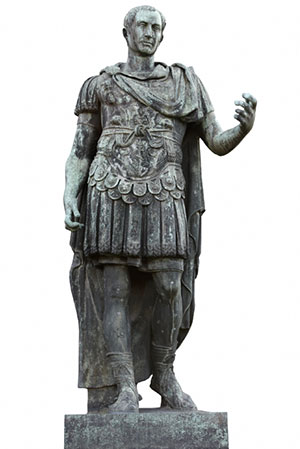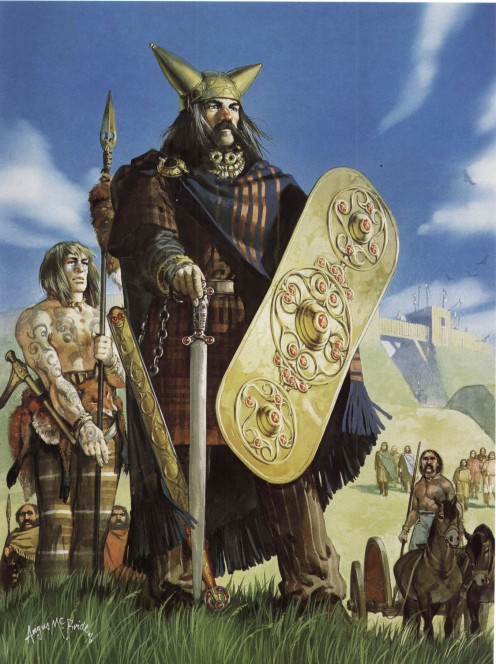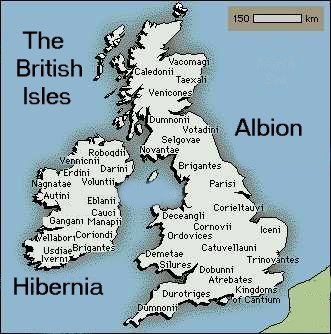Prelude to a Duel of Dissatisfying Satisfaction.
Imagine the scene, if you will. It is dawn on the 27th of May. Early summer of 1798. I can’t be sure, but it might be a Sunday. Perhaps a Saturday, but most likely, Sunday. I would imagine the sky is clear and blue with the promise of a kind day. The trees are full of new green and vibrant foliage. You are on Putney Common and enjoying a morning stroll. The birds are tweeting their morning song. Early risers are rare but not uncommon. Soon the church bells might start to ring. If it is a Sunday.
Continue to imagine you are one such early riser on this fine morning of 1798. At one remote area of the common, you would saunter upon a scene. There is a small group of gentlemen gathered about for an event. They are witnesses and referees to a rather important and perhaps, an impetuous consequence that consists on this fine morning. And from this, there could be something of further national magnitude. Depending on the result of the developing circumstance. This is the cinema before you – the reader travelled back in time.
For on this particular morning, it is for an even more bizarre occasion than usual. A duel is about to take place. A rather special duel due to one of the participants being the Prime Minister of the entire nation. Duels have taken place on Putney Common before, but this one is a little different. What on Earth would bring a Prime Minister to take part in such a ludicrous match? What would the nation think? What would the tabloids of today report if heads of state did such a thing in this day and age?
In London of this time, like any other time, the debates in the House of Commons can get heated. The world of politics is often so. Politicians of the days of 1798 could sometimes get a little carried away in the heat of the moment. Often, the angry man might demand satisfaction in the heat of such angry and argumentative flashes.
Angrily Whigs or Tories retorting words like, “By God Sir, I’ll call you out!”
Then perhaps a nonchalant reply of, “…And I should be happy to oblige Sir.”
Perhaps the customary slap with the glove and the demand for satisfaction. Such a thing, or similar, had happened to bring about the state of affairs on this early summer morning in late May.
A gentleman had felt slighted and insulted. An important man from the House of Commons. His name was George Tierney. He was a Member of Parliament and represented Southwark at the time. He was the son of an Irish Merchant who had been a prize agent stationed in Gibraltar, where George Tierney had been born in 1761. He went into law as a young man but abandoned this for politics. By 1798, he was known as an Anglo-Irish Whig MP.
He would hold a number of offices as, The Treasurer of the Navy, President of the Board of Control and also, Master of the Mint. Each position was one of significant importance to the running of the country.
The man who had caused offence to George Tierney was William Pitt the Younger - the Prime Minister of Great Britain and Ireland. It was one day before his thirty-ninth birthday. William Pitt being born on the 28th of May 1759. He had become the youngest Prime Minister ever in 1783 at the age of twenty-four.
William Pitt had overseen the country during the French Revolution and on this day of 1798, the nation of Britain had been at war with the new French Republic run by Napoleon. It was the beginning of the Napoleonic Wars. William Pitt was now a self-styled independent politician and was bringing about the new age of Tories. In a bitter argument in the House of Commons, Pitt the younger, and Prime Minister, had claimed George Tierney in want of patriotism.
In a mild way, I suppose one might call ‘want of patriotism’ treacherous. The Whig MP George Tierney did so. And on such a conviction, he challenged the Prime Minister to a duel on Putney Common.
So this is how you, the reader, stumble upon the ominous ceremony on the summer morning of May 1798 while taking your stroll through Putney Common.
It is pistols at dawn. The contest between the outspoken critic of the British Prime Minister’s policies, George Tierney – the MP for Southwark. And the opponent, William Pitt the Younger – the Prime Minister of Great Britain and Ireland, complete with his disagreeable policies and his insult of ‘want of patriotism’ to the slighted MP standing before him.
So the curtains are drawn on this fine morning and the dreadful contest is about to take place. Have tempers cooled since the argument? What if one should kill the other? What further consequences would follow?
Pistols were raised and aim taken. The Prime Minister was a slightly built and thin man. He was a narrow target to aim at. George Tierney, on the other hand, was a rather rotund figure and presented a better target. It is not known who fired first or if each man fired at the same time. Both missed!
Was it all a charade in the end? Was either man told to miss after common sense was talked into both by their seconders? Who knows? Neither could back down with honour intact once the challenge was called. Perhaps they had to go through the motions and deliberately miss. Once each man had fired honour had been satisfied by each party. Maybe it was just a ritual that had to be performed once the foolishness had been uttered?
Each man went back to his office and played his role in the running of the nation. Perhaps they were each a little wiser after the impulsive event? Once such things were done in these circles of gentry, perhaps the protocols had to be seen through. Even if they came to an agreement of the words being uttered in haste. Maybe the missing was a routine route of the satisfaction being arrived at for both parties? A way of avoiding more dreadful consequences?
William Pitt the Younger would die in office in 1806. George Tierney would live on until 1830.


































